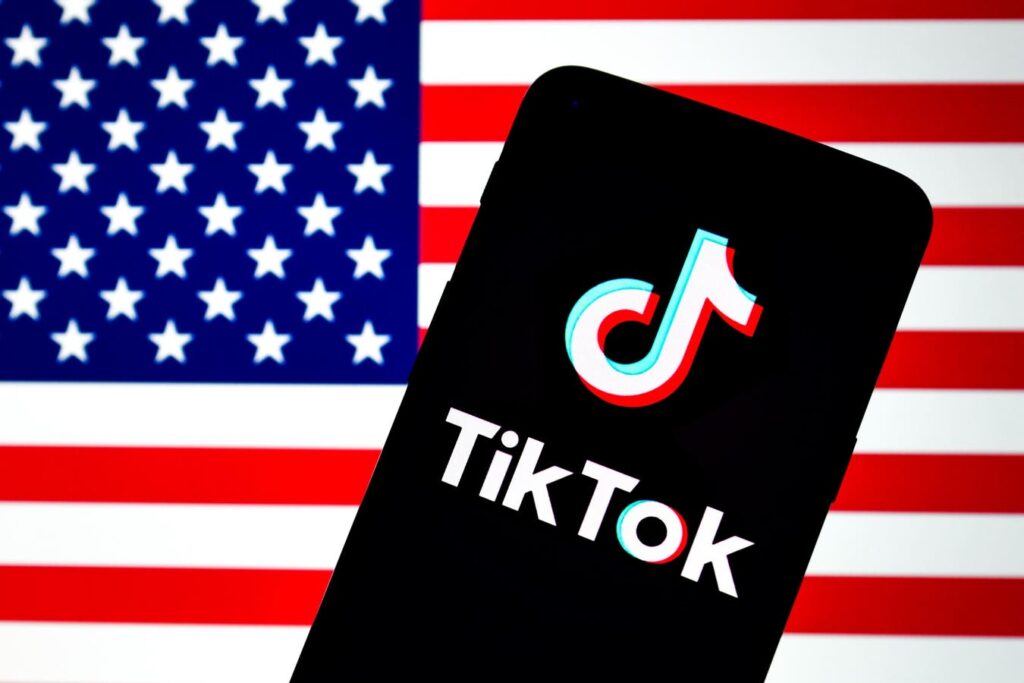
How to Prepare Ahead of a Potential TikTok Ban
As we enter the new year, I want to caution creators and brands to be prepared for a potential TikTok ban. The clock is ticking, with the Supreme Court set to hear arguments on January 10th in a case that could lead to a ban or forced sale of the platform.
In light of this, it’s essential to review and update legal agreements to ensure partnerships are adaptable to any changes. This includes negotiating backup platform requirements and clear compensation adjustments if deliverables cannot be posted on TikTok. Existing contracts should also have their Force Majeure clauses reviewed to determine how partnerships would proceed in the event of a ban.
It’s crucial that creators and brands proactively discuss contingency plans with partners rather than waiting for a crisis. Securing usernames on emerging platforms like Threads and Bluesky is vital for brand protection, while trademark registration should be a priority for early 2025. This will ensure intellectual property remains secure regardless of platform availability.
In the event of a TikTok ban, creators must also download and archive all their TikTok content to maintain access to their creative assets. This includes video content, performance metrics, audience engagement data, partnership history, and audience communication. It’s critical that creators establish a clear plan for notifying their audience about where they will be found if TikTok becomes unavailable.
Effective communication is key during platform transitions, with creators needing to develop explicit plans for directing followers to other platforms and establishing backup communication channels. In the face of uncertainty, it’s vital to focus on monitoring official communications from ByteDance, U.S. government press releases, and established legal news sources. Avoiding speculative social media commentary and clickbait is crucial for making informed business decisions.
While a TikTok ban may be a specific concern, it highlights the broader reality that platform dependency creates inherent business risks. Savvy creators should use this moment to think about building more resilient business models by developing direct-to-consumer products, creating owned media like email newsletters, establishing private communities, and forging platform-agnostic brand partnerships.
Ultimately, the long-term strategic consideration is that building platform independence and direct audience relationships will create a more sustainable creator business.
Source: www.forbes.com


